Edible Campus: Food foraging at the University of Canterbury
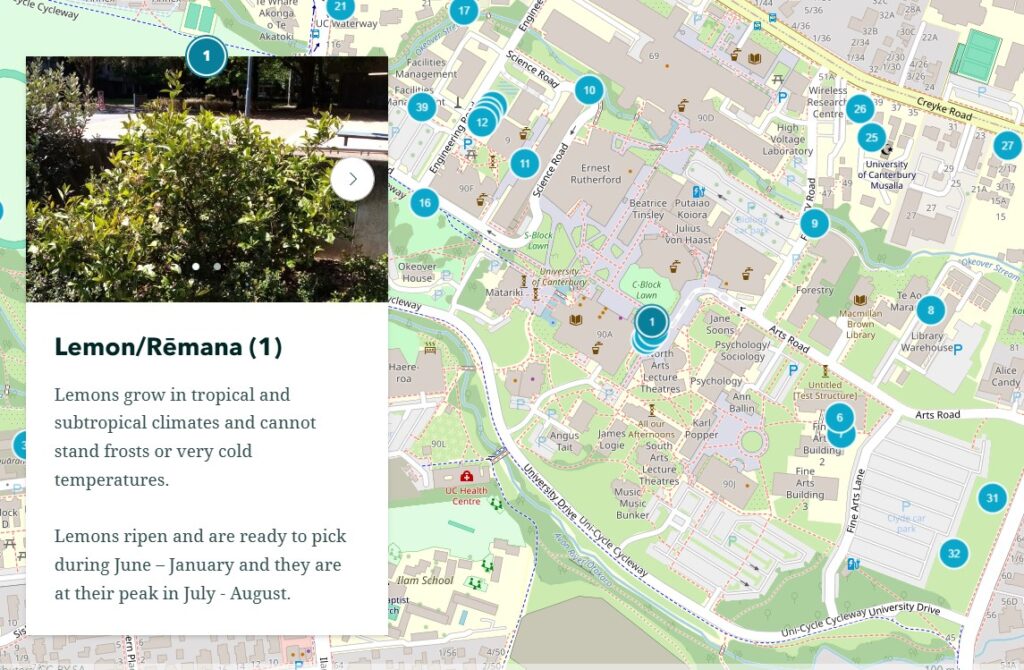
Research team Matthew Conley (Augustana College) Chloe Wium (University of Canterbury) Jesse Wiki (University of Canterbury) Dean Walker (University of Canterbury) Melanie Tomintz (University of Canterbury) Duration 2020 Collaborators UC Sustainability Office and the Geospatial Research Institute, supported by a remote internship with the Augustana College Illinois Project summary The University of Canterbury has an […]
Urban Trees and Housing Intensification: A Spatial Conflict?
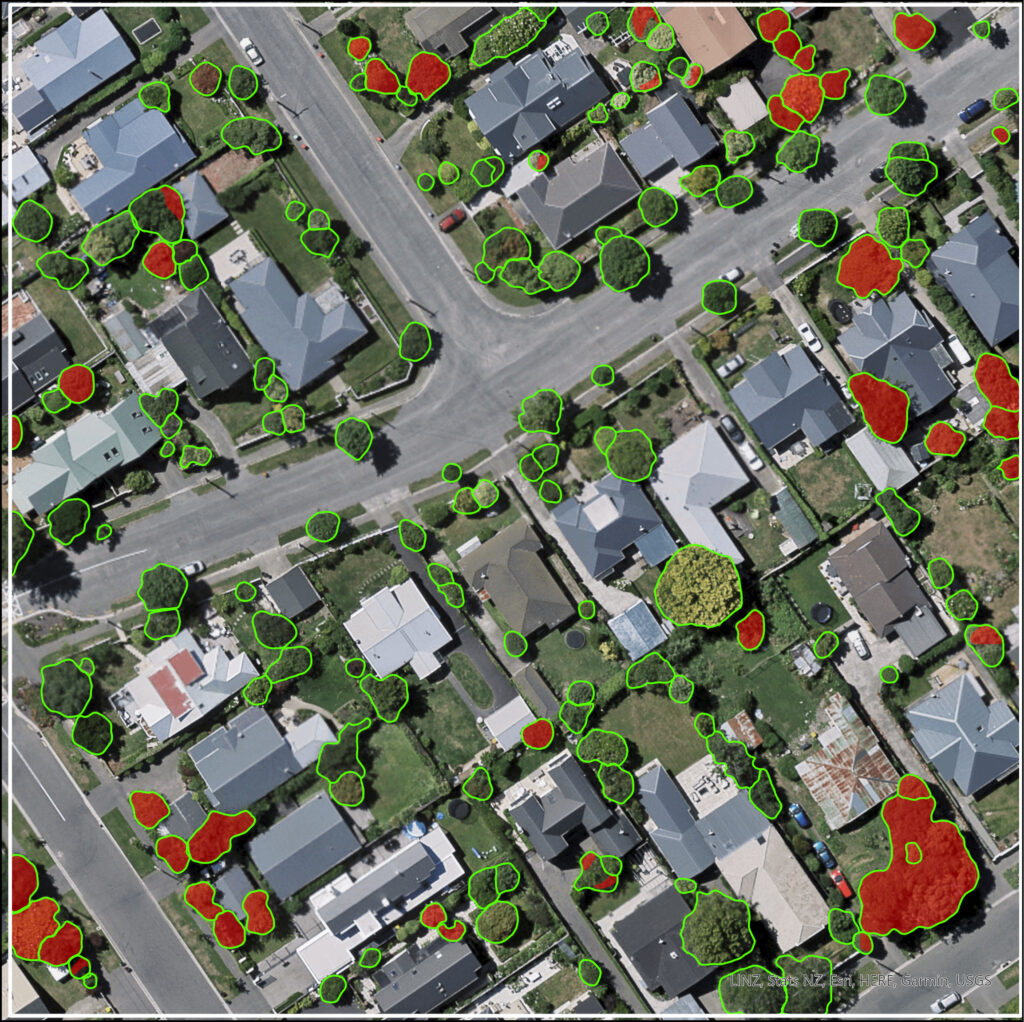
PhD Student David Pedley (SoF- GRI) Supervisors Dr Justin Morgenroth (UoC) Dr Grant Pearse (Flinders University) Funding GRI Scholarship and UC Doctoral Scholarship Project summary Urban trees provide a multitude of environmental and amenity benefits for city occupants yet face ongoing risk of removal due to urban pressures and the preferences of private landowners. Understanding […]
Mātauranga Māori Framework For Surveillance (MMFS) For Plant Pathogens
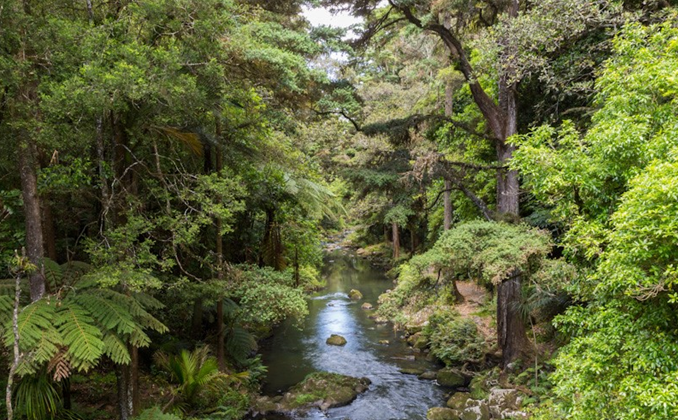
Co-leads: Waitangi Wood (MWLR) and Dean P. Anderson (MWLR) Team: Audrey Lustig (MWLR) Ceclia Arienti (MWLR) Jo Peace (MWLR) Michael Martin (UoA) Sharmila Savarimuthu (GRI) Tracey Godfery (Kaitiaki Roopu) Collaborators: Andrew Sanders (MPI) Beccy Ganley (Plant & Food) Carlton Bidois (Kaitiaki Roopu) Dave Milner (Kaitiaki Roopu) Ian Horner (Plant & Food) Katrin Webb (DoC) Nari […]
Biological Heritage Challenge: Eco-Index Programme: Sub project: The Ecosystem Detector
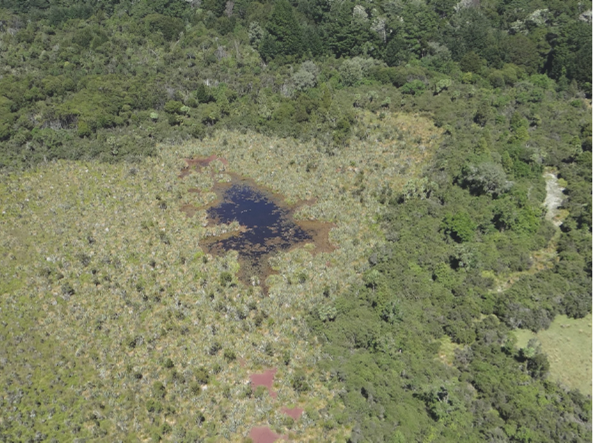
Research teamDr Kiri Joy Wallace (University of Waikato)Dr John Reid (J D Reid LTD)Matthew Wilson (University of Canterbury)Ngāti Pikiao (Tainu and Ngai Tahu Research Centre, University of Canterbury)Nathaniel Calhoun (Code Innovation)Kevan Cote (Moose Engineering & Design)Karen Denyer (Papawera Consulting Ltd)Saif Khan (University of Canterbury) Length of Project: 2022-2024 FundingNew Zealand National Science Challenge Eco-index Research […]
Integrated Surveillance
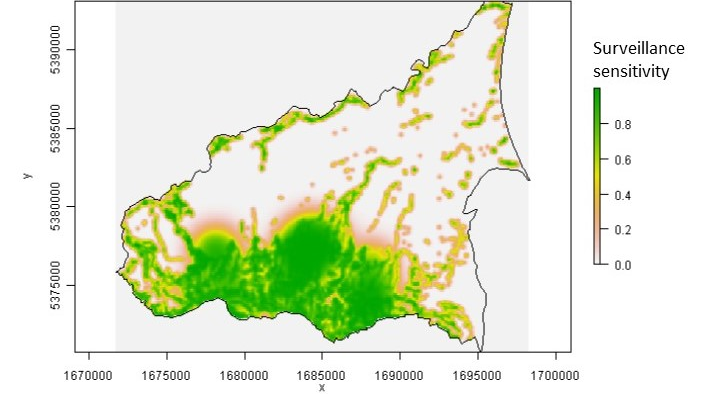
This project aims to develop a Mātauranga Māori Framework for Surveillance (MMFS) of plant pathogens that seeks to enable strategic trust relationships between hapū kaitiaki and rangatira (Maori authorities) directly with central, regional and local organizations that generate and provide science and research initiatives and investment, with particular focus on mātauranga Māori alongside western science.
Modelling large-scale predator control measures: Cape-to-City project
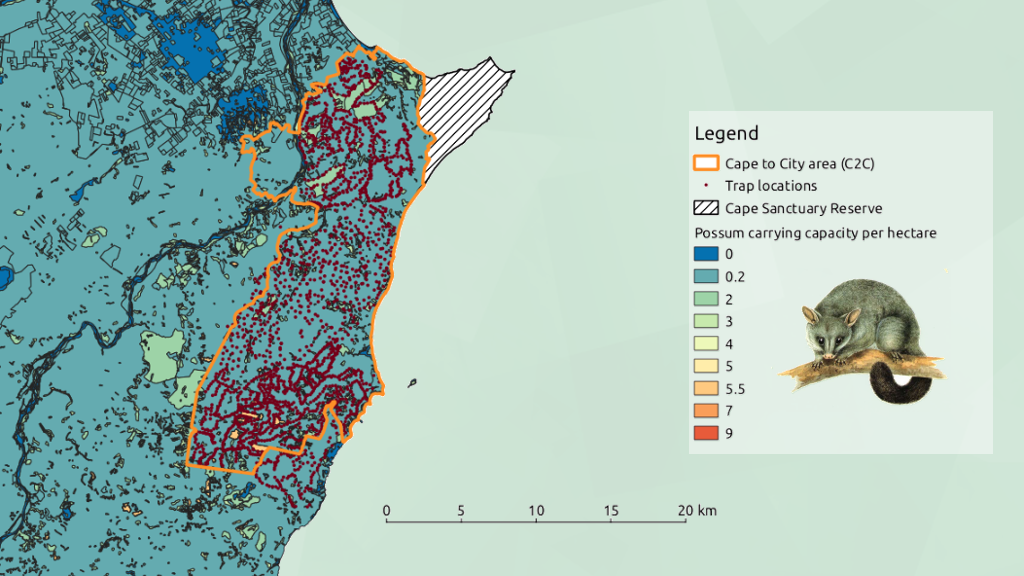
New Zealand has an excellent record of conserving its native flora and fauna through pest control measures, especially in large uninhabited areas. Meanwhile large tracts of land owned by private individuals remain relatively unprotected. When it comes to land management decisions such as pest control actions, careful negotiations are required with a wide range of stakeholders with differing views – from cat-loves to rabbit-haters – so that agreements can be reached. The aim of this research project led by Audrey Lustig, Mike Plank and Alex James is to develop a planning tool for predicting the abundance and the likely persistence of New Zealand top mammalian predators in the light of potential changes in management effort across human-dominated landscape. We use the Cape-to-City (C2C) footprint covering 26,000 ha of agricultural land in Hawke’s Ba as a case study.
